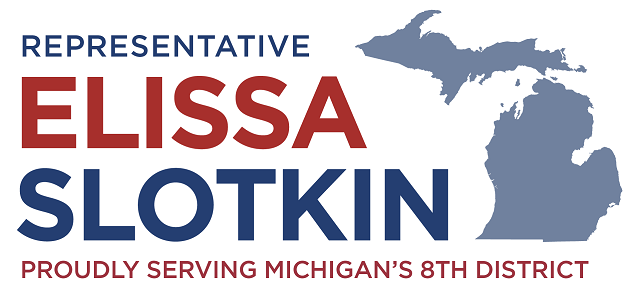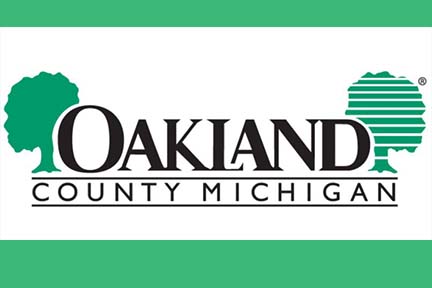
Oakland County hosting virtual job fair April 19
Opportunity Abounds at Oakland County Virtual Job Fair
- More than 75 positions are open in a variety of county departments.
- Applicants must pre-register for the virtual job fair.
- Available opportunities may be found at oakgov.com/jobs.
Pontiac, Michigan – Oakland County is hosting a virtual job fair from 1-4 p.m. April 19 to fill more than 75 positions in county departments. Opportunities range from entry to senior level jobs in Parks and Recreation, Animal Shelter and Pet Adoption Center, Workforce Development, Sheriff’s Office, Human Resources, and other departments.
“Oakland County is a great place to work with good pay and excellent benefits,” said Oakland County Executive Dave Coulter. “This virtual job fair provides a great opportunity to take the next step on your successful career path.”
The virtual job fair features full- and part-time, student, and intern positions. Pre-registration is required. To view available jobs and register, go to www.oakgov.com/jobs. There is no fee to register.
Some of the available jobs include campground worker, concession worker, construction inspector, corrections deputy, sheriff’s deputy, custodial worker, human resources analyst, office support clerk, and veterinary technician.
Oakland County offers a stable work environment, competitive salaries, a full benefits package, growth opportunities, employee training, and generous tuition reimbursement. The hard work and dedication of county employees is the driving force behind ensuring the county is in all ways, moving forward. Among the reasons why Oakland County is a great place to jump start a career are:
- A commitment to a diverse workforce;
- A culture where employees develop a sense of camaraderie that contributes to a low level of turnover and feel empowered to provide the best customer service;
- A beautifully landscaped, walkable campus;
- An award-winning employee wellness program;
- Leading-edge technology to assist employees in their day-to-day work;
- A AAA bond rating, the highest credit score attained by only a handful of the 3,000-plus counties in the U.S., which means the county’s finances are excellent.








